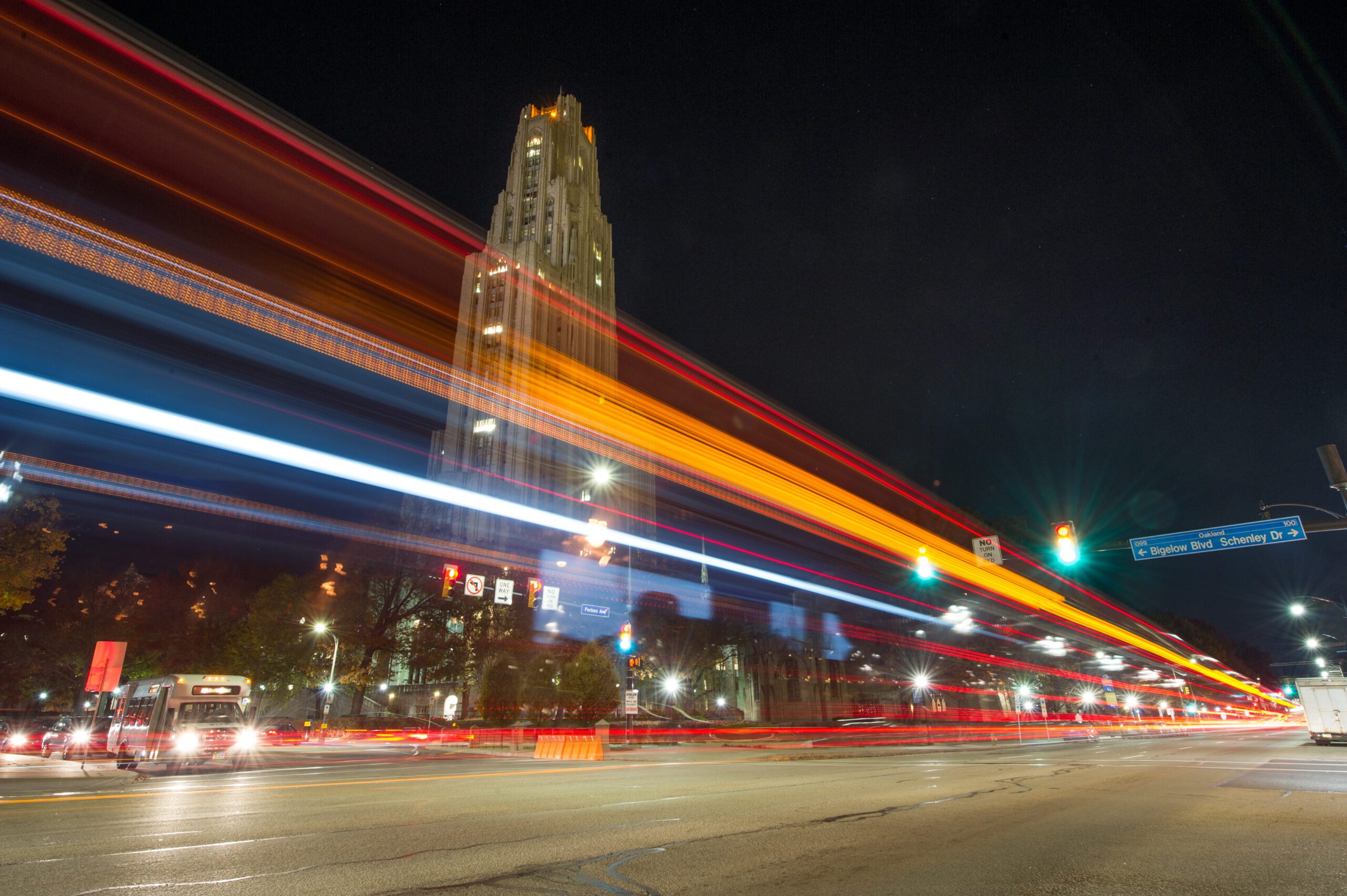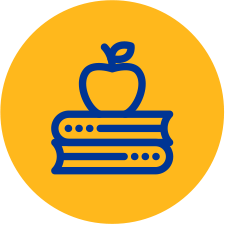Committed to Educational Freedom and Self-Determination
The Department of Teaching, Learning, and Leading is guided by our School’s mission-vision and organized by our faculty’s purposes, principles, commitments, and praxes.

TLL Academic Programs
Our shared purposes are to:
Our shared principles are:
We are committed to:
Our shared praxes are:

Provides evaluation and assessment services for organizations, agencies, and programs involved with children and youth.

K-8 campus laboratory school affiliated with the Pitt School of Education.

Provides professional development experiences for school leaders in our region.

Improves educational opportunities for children by strengthening school organization and administration.
Visit the TLL Faculty Center for a centralized hub of resources related to teaching, research, academic affairs, and more.
**The resources are on a secure website and are available only to faculty**